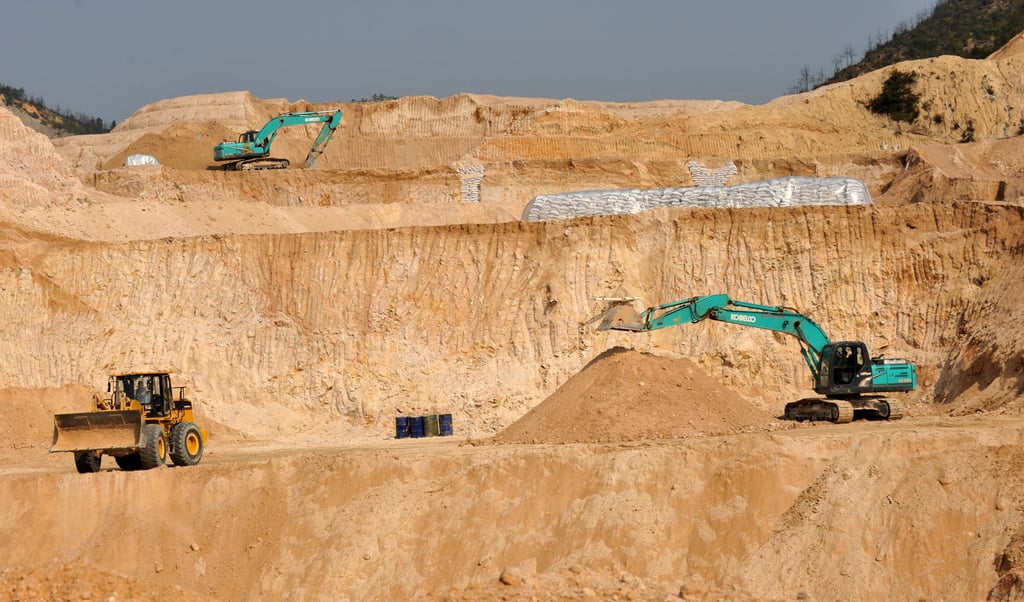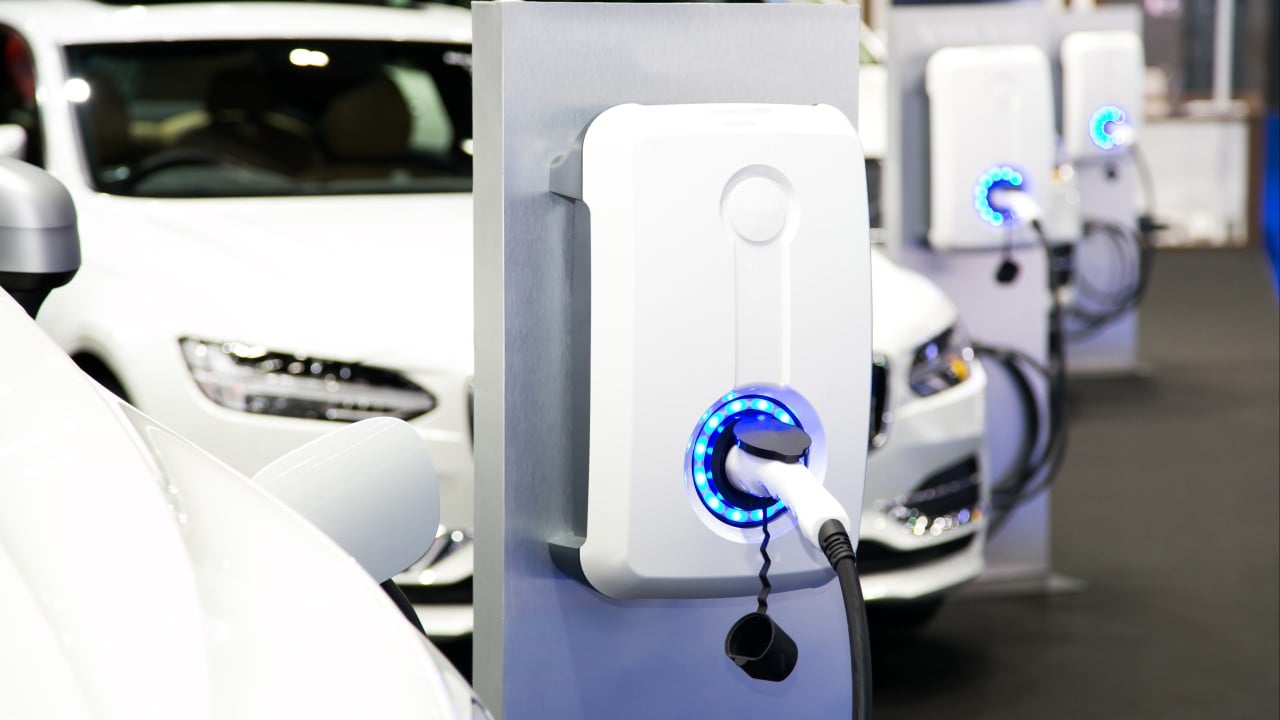India’s fast-growing electric vehicle industry is facing renewed uncertainty after China, the global leader in EV components and rare earth processing, imposed stringent export controls on critical minerals – a move analysts say exposes the South Asian nation’s deep reliance on Chinese supply chains and could derail its clean energy ambitions.
Advertisement
The restrictions, announced in early April by China’s Ministry of Commerce, target seven rare earth elements – samarium, gadolinium, terbium, dysprosium, lutetium, scandium, and yttrium. These minerals, vital for technologies ranging from electric motors to renewable energy systems and military-grade chipmaking, now require special export licences for shipment out of China.
China’s decision, widely seen as a response to US tariffs, adds a new layer to global geopolitical tensions, while highlighting the strategic importance of rare earths in the 21st century. Experts say rare earths could prove as transformative today as fossil fuels were in previous centuries for Western powers.
China dominates the rare earth market, controlling 63 per cent of global mining and 90 per cent of processing output. The fallout from its restrictions is expected to hit India’s fledgling EV industry hard, with disruptions in supply chains and rising costs.

India’s EV market, though growing rapidly, is still dwarfed by China’s. Despite possessing an estimated 6.9 million tonnes of rare earth reserves, India remains reliant on Chinese imports due to underdeveloped domestic extraction and processing capabilities. China’s advanced refining infrastructure and efficient supply chains have kept India dependent on these critical imports.
Advertisement

